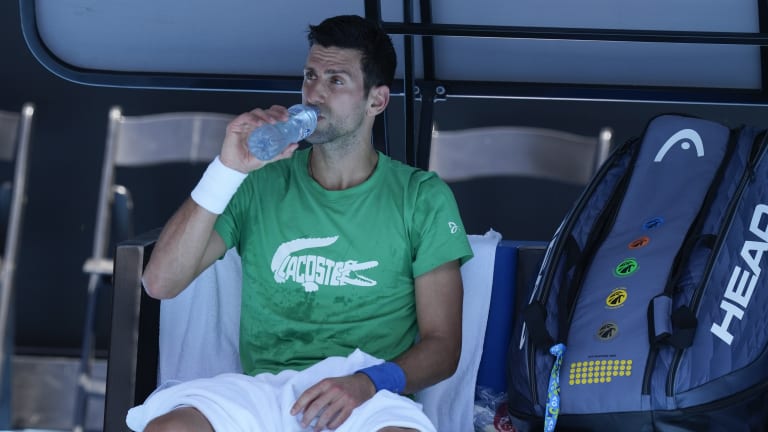As Novak Djokovic awaits a final decision on whether his visa will be revoked, all eyes have turned to Australian Immigration Minister Alex Hawke. He has to decide whether he will overturn the decision of a federal judge, who ruled Djokovic's visa should be reinstated because he was unfairly treated by officials at the border. Hawke has discretion to revoke Djokovic's visa but has taken longer than expected to reach a decision which has legal, political, sporting and diplomatic consequences.
____
WHAT HAPPENS NOW?
Whatever Hawke decides, it's unlikely to be the last word. Djokovic's lawyers are expected immediately to seek an injunction if the decision goes against the top-ranked tennis player. That would send the matter back to the Federal Court, and if the court can't sit Friday it won't be heard until next week when the Australian Open already is underway.
Despite the cloud hanging over Djokovic's ability to compete, Australian Open organizers included the top seed in the draw. He is slated to play fellow Serb Miomir Kecmanovic, who is ranked world No. 78., in the opening round next week.
